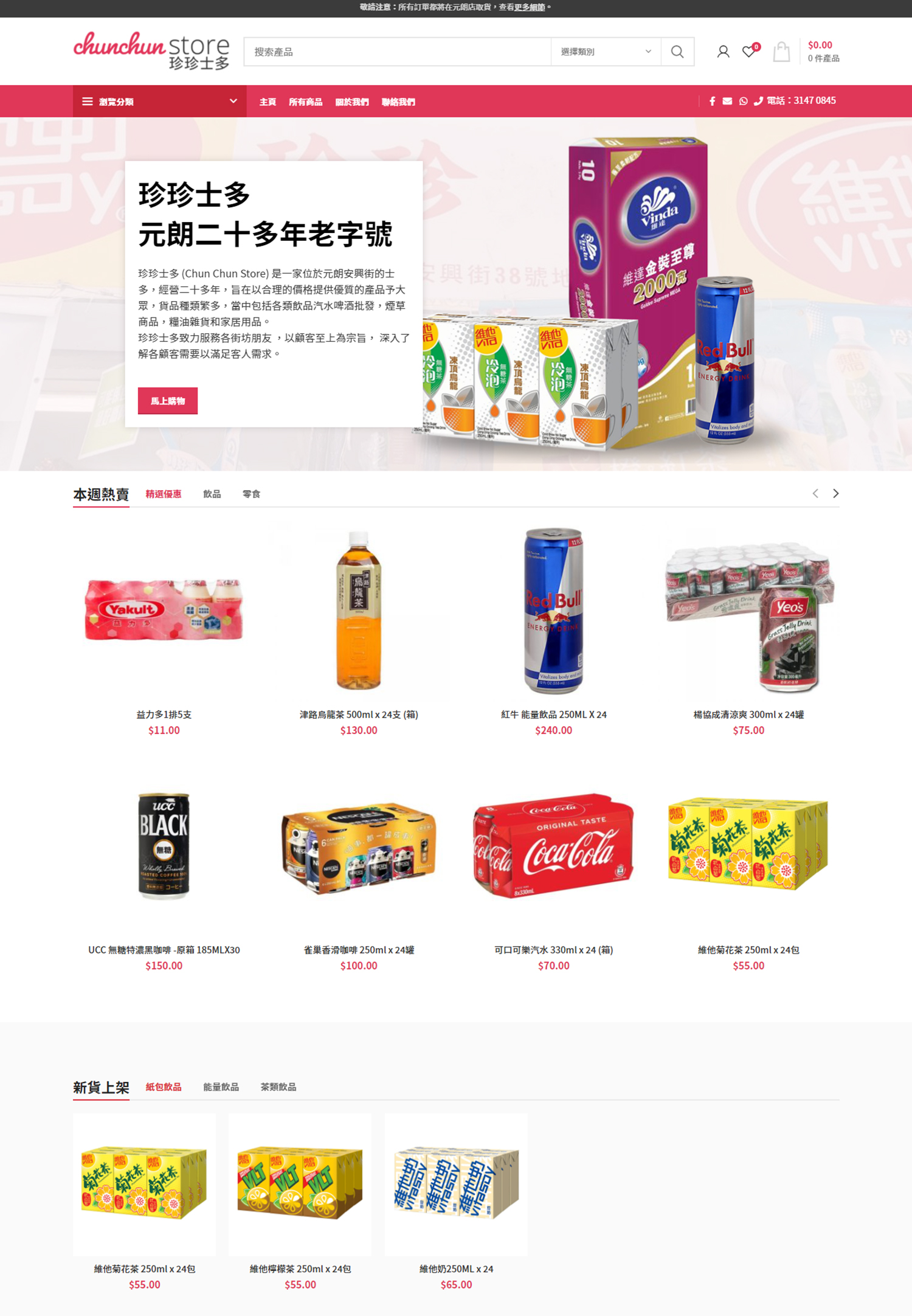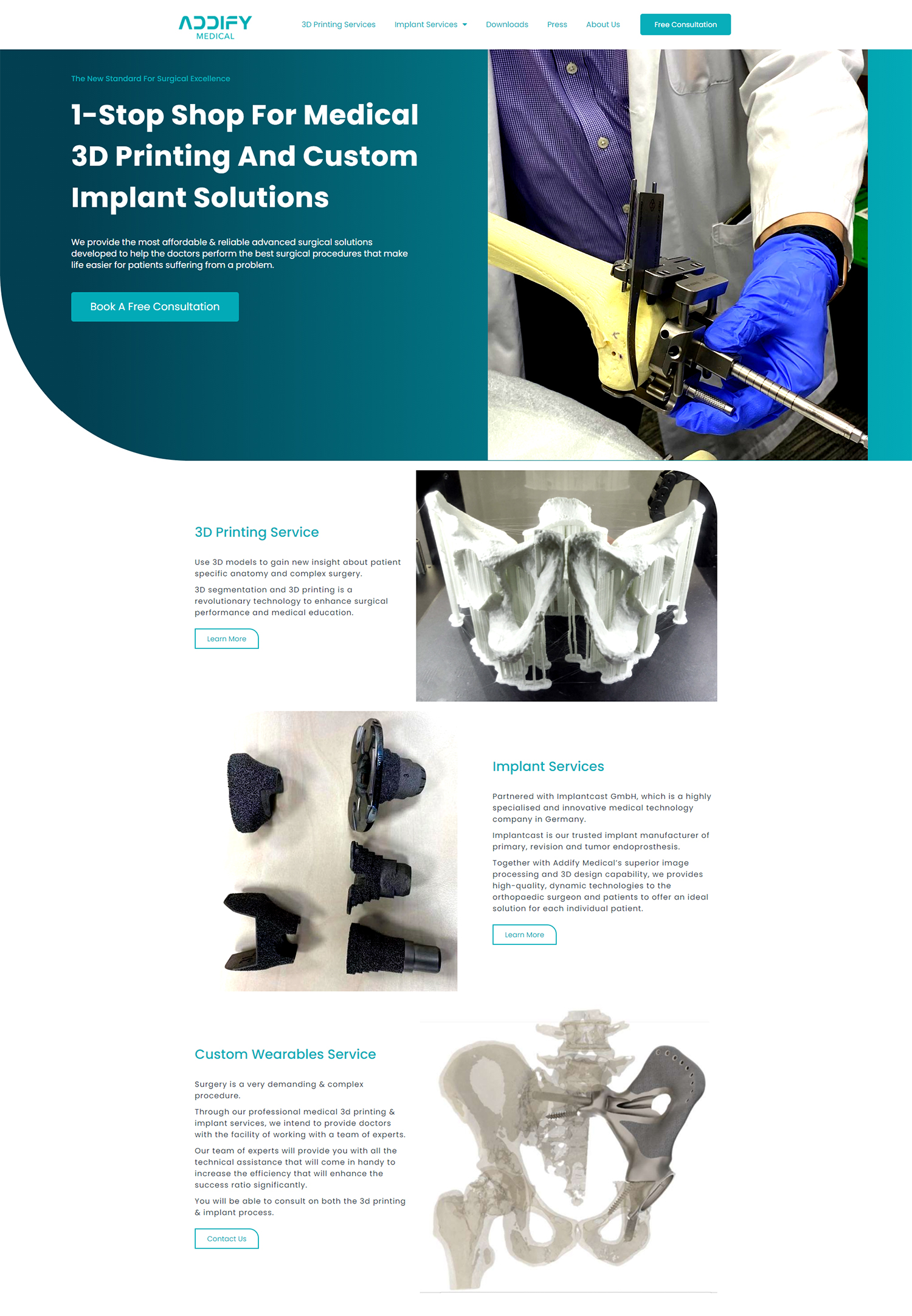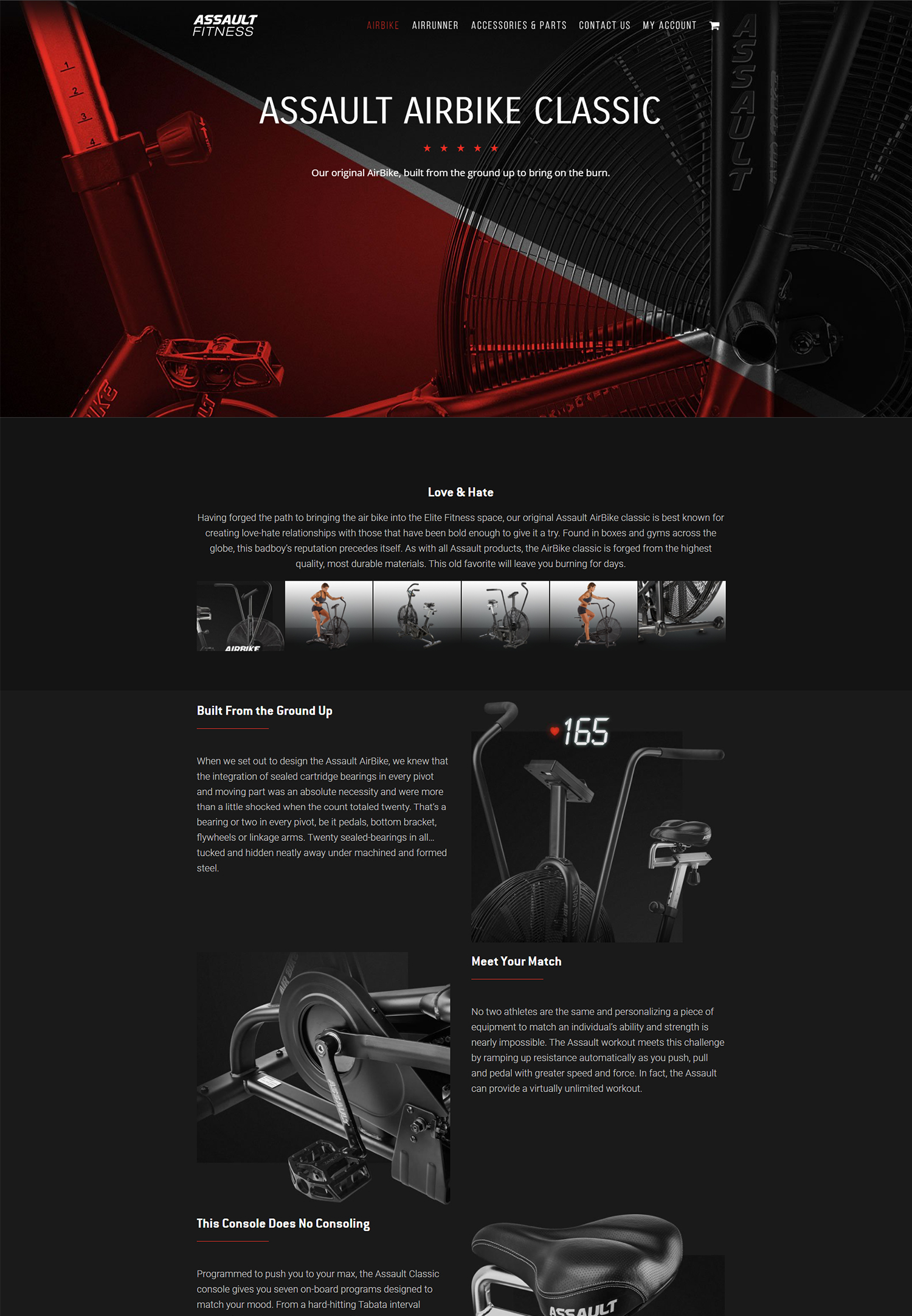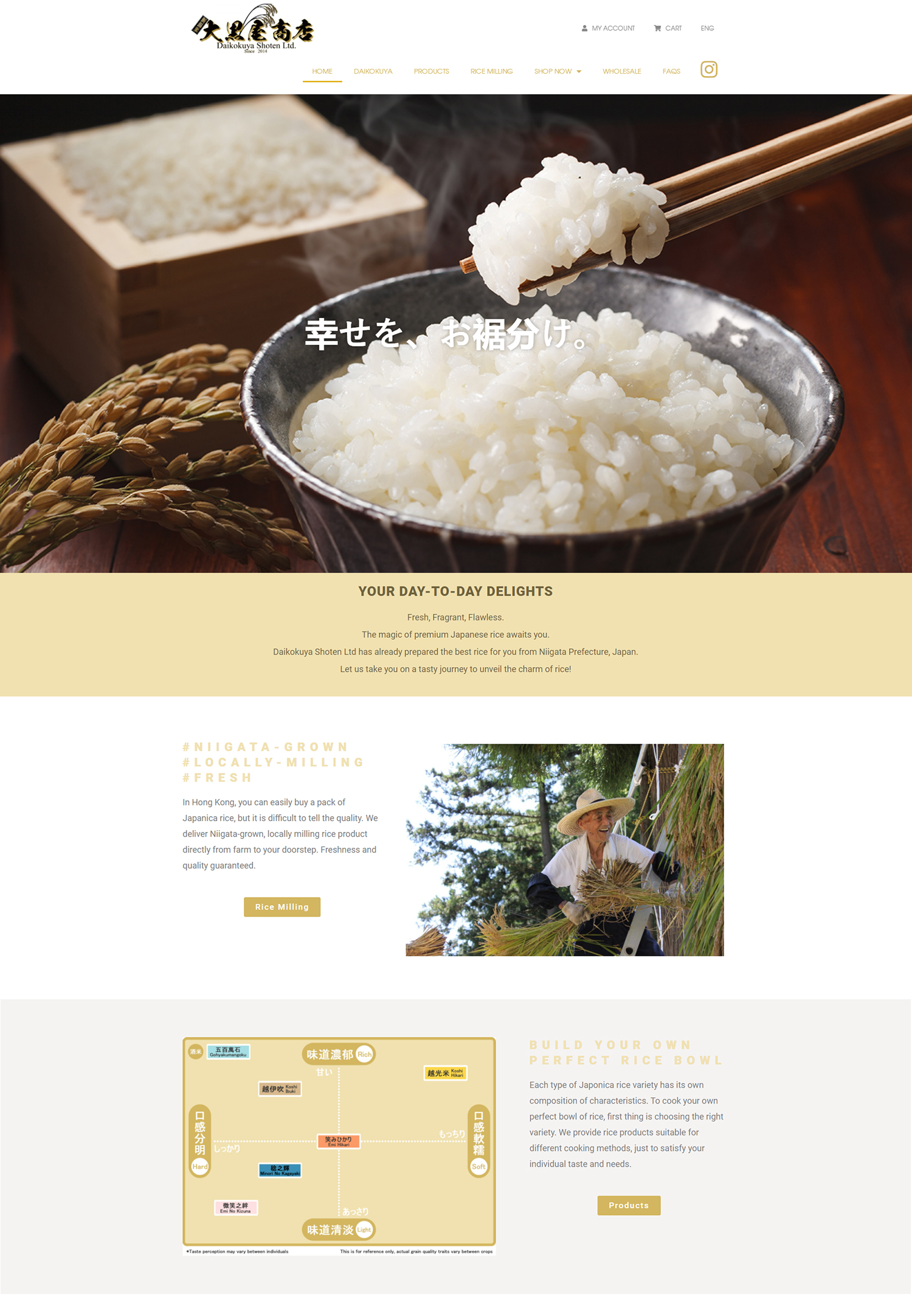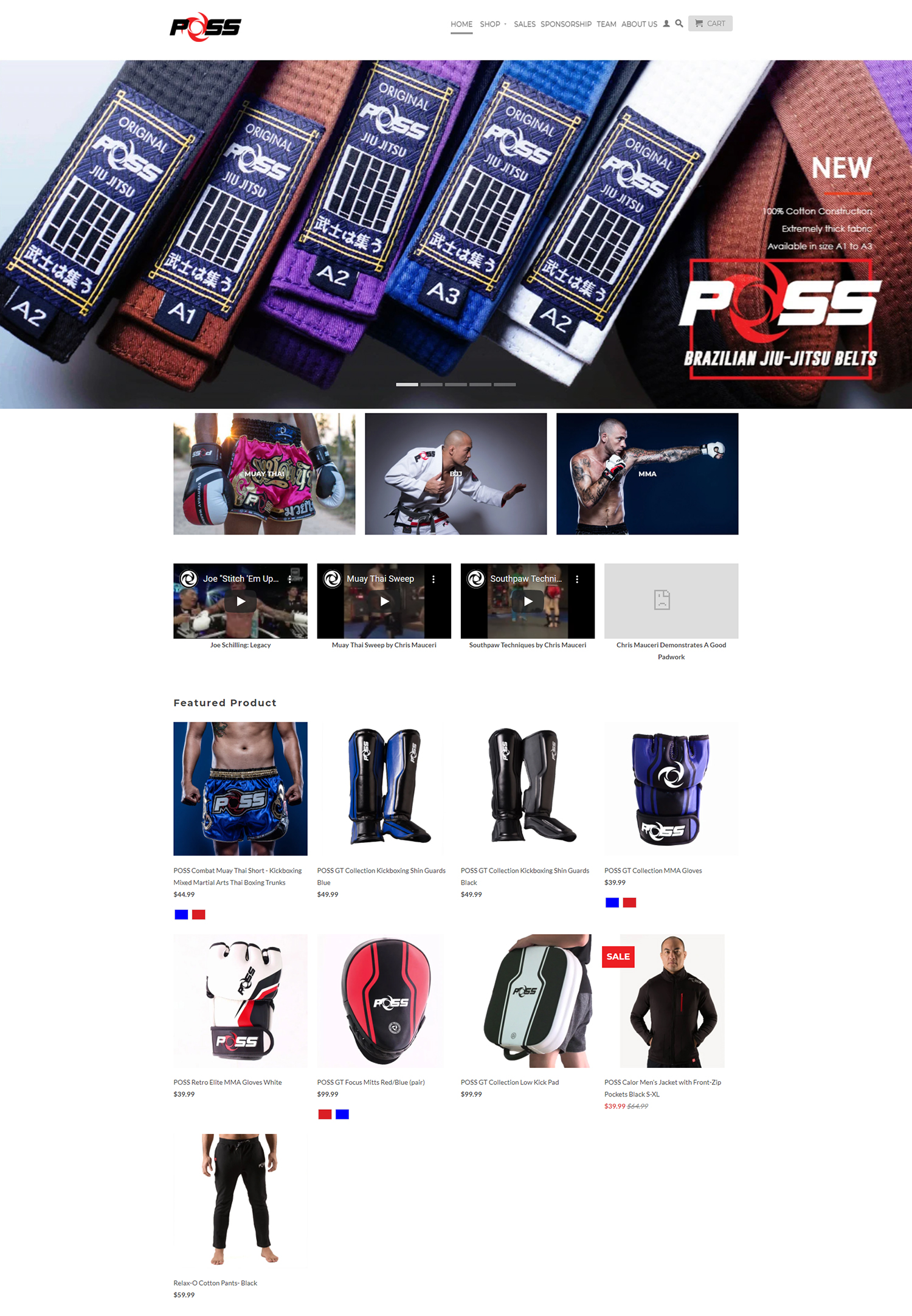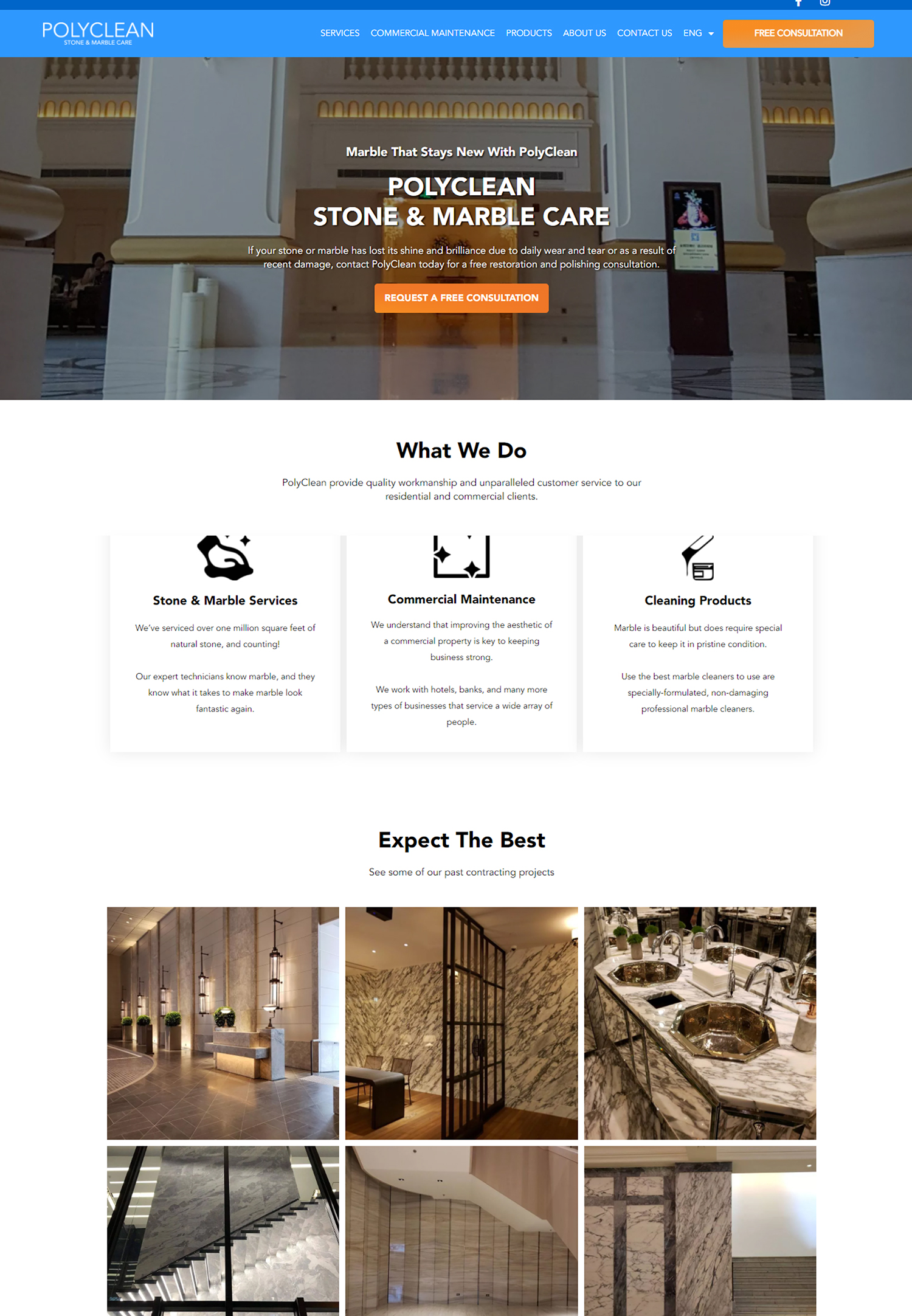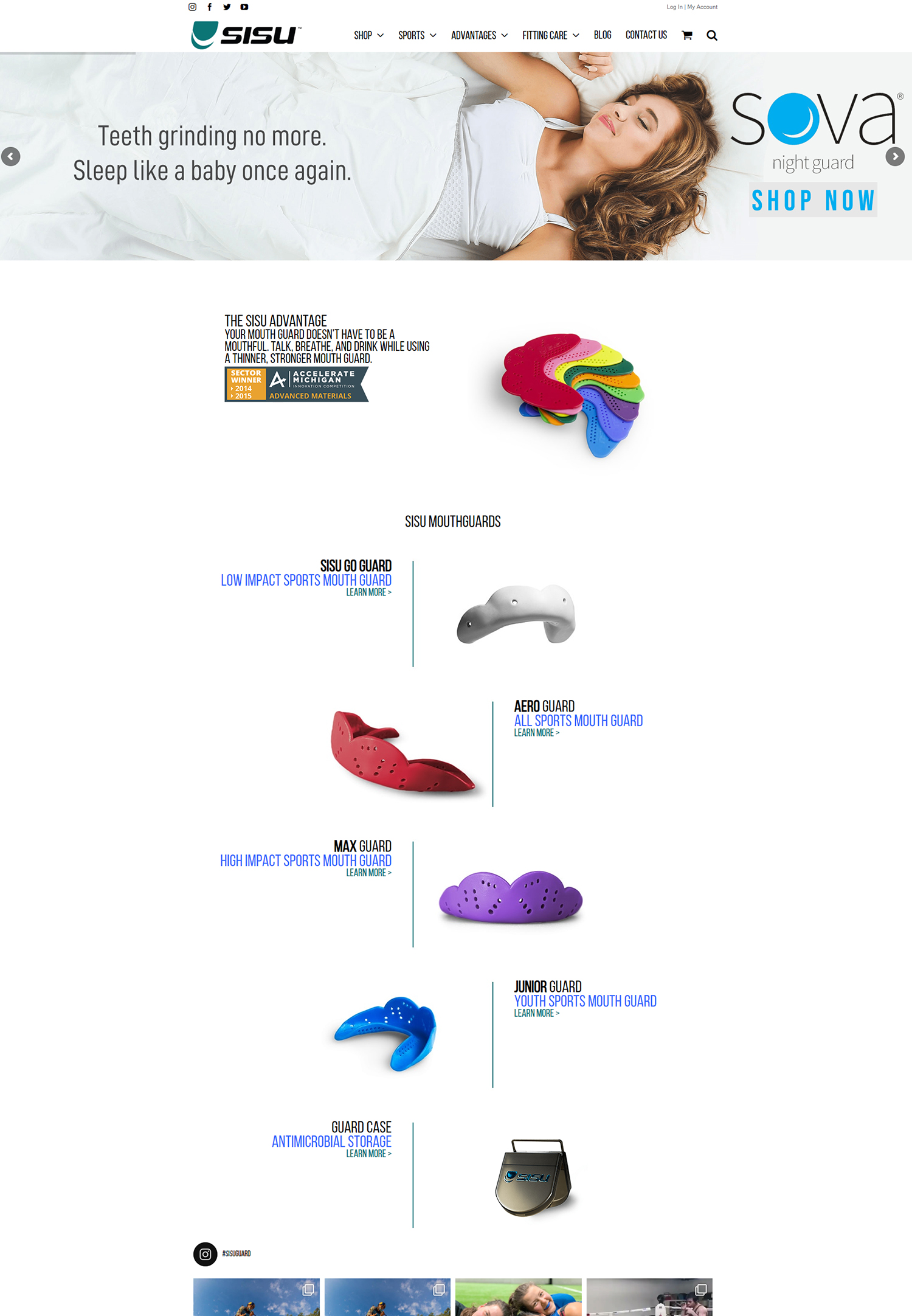Comprehending Meta Keywords & Their Function in SEO Meta keywords are particular terms or expressions that webmasters incorporate into a webpage’s HTML code to inform search engines about the topic it contains. Usually, these keywords are positioned inside the webpage’s head section’s tags. They have traditionally helped search engines comprehend a page’s context so they can index and rank it according to user queries. For example, “digital marketing,” “SEO,” “content marketing,” and “social media strategies” are examples of pertinent meta keywords for a webpage about digital marketing.
Key Takeaways
- Meta keywords are a type of meta tag used in HTML to provide information about the content of a webpage to search engines.
- Meta keywords were once an important factor in SEO, but their significance has diminished over time due to abuse and manipulation.
- When choosing meta keywords, it is important to focus on relevance, specificity, and avoiding keyword stuffing.
- Best practices for using meta keywords include using a mix of broad and specific terms, and keeping the total number of keywords limited.
- Common mistakes to avoid with meta keywords include using irrelevant or generic keywords, and over-optimizing with too many keywords.
The importance of meta keywords has changed over time, though. Search engines mainly relied on them in the early days of search engine optimization (SEO) to assess a page’s relevancy. Unfortunately, this resulted in widespread misuse, as many webmasters tried to manipulate search rankings by stuffing their meta keyword tags with excessive or irrelevant terms. As a result, the significance of meta keywords in their ranking algorithms has been significantly downplayed by major search engines like Google, which has caused a shift in emphasis toward user experience and more meaningful content. Meta keywords are still somewhat relevant in the larger context of SEO, even though they are no longer a major component of search engine ranking algorithms.
They can offer valuable information about a website’s keyword targeting & content strategy. For example, when performing competitive analysis, looking at competitors’ meta keywords can help you understand their areas of focus and guide your own keyword strategy. Finding underserved topics or niche markets within your industry can be made easier with this.
Also, in some situations, such as internal search engines or particular content management systems (CMS) that use them for tagging or classification, meta keywords can still be useful. In these situations, carefully selected meta keywords can improve user navigation and engagement by making content on a website easier to find. So, even though they might not have a direct impact on search engine rankings, they can help make a website more structured and easy to use.
A methodical approach that complements your overarching SEO objectives is necessary when selecting the appropriate meta keywords. To find terms that are pertinent to your content & have a respectable search volume, start by carrying out in-depth keyword research. Resources such as Ahrefs, SEMrush, & Google Keyword Planner can offer important information about the level of competition and the popularity of a keyword.
Your niche-specific long-tail keywords should be your main focus because they frequently have lower competition and higher conversion rates. After compiling a list of possible keywords, think about how well they relate to your writing. Every chosen keyword ought to appropriately represent the primary subjects discussed on the page. Relevant meta keywords could be “social media marketing,” “small business marketing,” and “digital advertising,” for instance, if your article addresses social media marketing tactics for small businesses.
In order to draw in targeted traffic that is more likely to convert, it is crucial to find a balance between popular keywords and those that are extremely relevant to your particular audience. Follow best practices when adding meta keywords to your website to get the most out of them. Above all, keep your list short; adding too many keywords can lessen their impact and even make search engines think it’s spam.
For most pages, a targeted selection of five to ten carefully considered keywords is adequate. Also, make sure that these keywords are not just included in the meta tag but are organically incorporated into your content. Regularly reviewing and updating your meta keywords in light of shifting user trends and behavior is another recommended practice. Because the digital landscape is always changing, your audience may no longer find value in content that was pertinent six months ago.
You can stay relevant and increase your chances of drawing in organic traffic by keeping an eye on developments in the industry and modifying your keyword strategy as necessary. Although meta keywords are no longer as important in today’s SEO strategies, many webmasters still use them incorrectly. Keyword stuffing, or packing the meta keyword tag with too many terms in an attempt to raise rankings, is a common mistake. In addition to not producing results, this tactic may result in search engine penalties for trying to tamper with rankings.
Ignoring the relevance of the keywords chosen is another error. Because users will quickly leave a website if they do not find what they are looking for, using popular but irrelevant terms can mislead users & result in high bounce rates. Making sure each keyword in your meta tags appropriately conveys the page’s content is essential. Also, some webmasters undervalue the significance of keeping an eye on their rivals’ keyword strategies; if they don’t examine what works for others, they may miss out on optimization opportunities. Adding meta keywords to your HTML code is only one part of integrating them into your overall SEO strategy; a comprehensive approach that takes user experience, content quality, and technical SEO components into account is needed.
Making sure the content on your website is excellent and pertinent to the chosen keywords should be your first priority. Content that is valuable to users and is engaging will draw backlinks and raise organic rankings. Next, incorporate the meta keywords you have selected into headers, image alt text, title tags, and other on-page SEO components.
This establishes a unified approach in which every element of your page cooperates to inform search engines of its relevancy. If you’re aiming for “content marketing strategies,” for instance, make sure that this phrase naturally occurs in your title tag and throughout your content. For continuous SEO success, you must keep an eye on how well your meta keywords are performing. Track how well your pages are performing for particular keywords by using analytics tools such as Google Analytics or Search Console. For every keyword, keep an eye on metrics like organic traffic, bounce rates, and conversion rates.
You can use this data to determine which keywords are generating traffic & which ones might benefit from modification or substitution. Reevaluating your keyword strategy on a regular basis is also essential because trends shift over time. Every few months, set aside some time to examine the performance of your keywords & make any required modifications in light of fresh information or changes in user behavior. This proactive strategy will help guarantee that your website continues to draw relevant traffic and maintain its competitiveness in search engine results pages (SERPs).
Meta keywords are expected to become less important as search engine algorithms continue to change. Natural language processing and artificial intelligence developments are making it possible for search engines to comprehend context and user intent without heavily depending on meta tags. Instead of only optimizing for particular keywords, this change highlights the significance of producing high-quality content that satisfies user needs.
Instead of obsessing over specific keywords, webmasters should concentrate on producing thorough content that answers user queries holistically in the future. Meta keywords’ overall influence on SEO is probably going to continue to decline, even though they might still have specialized uses in internal search features or specific CMS platforms. It will be crucial to prioritize user experience, content quality, and engagement in order to achieve sustained success in a constantly changing digital landscape. In conclusion, even though meta keywords might not be as important in SEO strategies as they once were, webmasters trying to successfully optimize their online presence can still benefit from knowing their historical background and current applicability.
Through strategic keyword selection, adherence to best practices, and ongoing performance monitoring, businesses can effectively manage the intricacies of SEO while adjusting to emerging trends in digital marketing.
If you are interested in learning more about how to improve your website’s SEO, you may want to check out this article on using video on your website. Video content can be a powerful tool for engaging visitors and boosting your search engine rankings. By incorporating video into your website strategy, you can attract more traffic and improve your overall online presence.




